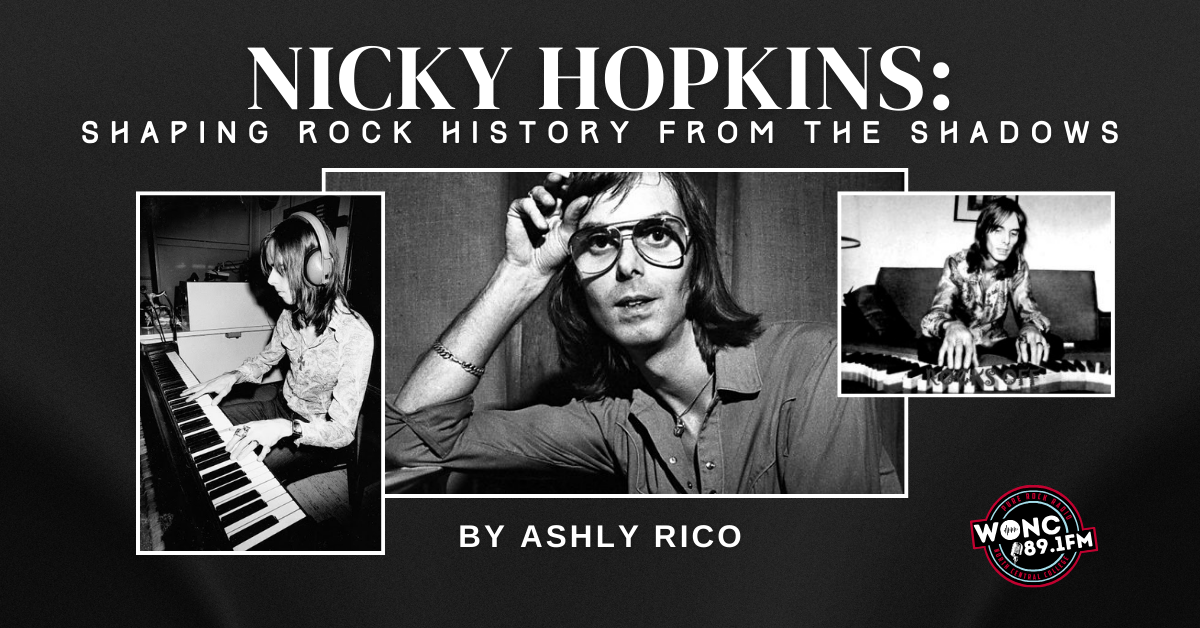While I love to review movies, there’s one genre that seems to miss more than hit, so instead of reviewing just one movie, I thought I’d look at the entire genre of movie musicals. There are some that I enjoy, but as a lover of theatre and a self-diagnosed film skeptic, I’ve always had mixed emotions toward film adaptations of Broadway musicals, and whether I loved them or hated them remained to be unclear. On one hand, I was excited that something I was so passionate about was being represented in mainstream media, but on the other, the execution is rarely ever successful, and I typically left the movie theatre feeling disappointed.
It was this feeling of uncertainty toward the movie musical genre that encouraged me to explore it more. What is it about movie musicals that leave me and so many others in the Broadway community feeling underwhelmed? Why do movie musicals tend to fail at the box office? Most importantly, why are movie musicals still a valid art form? No movie musical has won an Academy Award for Best Picture in two decades. The most recent one to win was the 2002 film adaptation of Chicago, which one could argue won due to its strong sex appeal and influence of the male gaze. Nonetheless, many movie-musical adaptations have been made since then, and when the closest thing to success in the last two decades has been a mix-up at the Oscars, it’s only natural to ask ourselves why.
You could argue that movie musical adaptations are actually set up for success. From a producer’s standpoint, many steps of the movie-making process are already completed before the project even takes off. Tedious, time-consuming, and financially consuming steps like the development of a script and workshopping a score are already completed, tested, and proven to have found success with audiences. With budgeting rounding out at a fraction of what a Marvel movie would cost, and a built-in fanbase secured before production even begins, it’s unclear why a project with such a head-start would have a hard time accumulating commercial success.
The key, I have found, lies in the differences between the two art forms themselves. Just because a Broadway musical is successful doesn’t guarantee the success of its film adaptation, nor does a film’s success guarantee the success of its stage adaptation. Theatre and film are two different art forms that have their own strengths and weaknesses which certain plots can support more than others. For example, theatre has a fixed location, a fixed viewpoint where an audience member is sitting, and everything that’s done has to fit within those constraints. Film, though, can take place anywhere, and the viewpoint is controlled by the camera. In other words, in a theatrical production, an audience member has the power to decide what to focus on, but in film, that choice has already been made for them.
Film also tends to favor realism while theatre indulges absurdism and camp, so plots that tend to lean more toward realism are typically more successful in film, whereas plots that embrace camp tend to do better on stage. For example, consider the 1982 Broadway production of Cats, a story rooted in absurdism with a cast of humans playing cats. Cats was the most successful musical in Broadway history at the time of its initial success, sustaining an 18-year run with an astounding 7,485 performances. Fast forward to 2019 when the film adaptation of Cats was released, and it was set up to succeed with a cast including star-studded names like Taylor Swift, Judi Dench, Idris Elba, James Corden, Jennifer Hudson, Rebel Wilson, and Ian McKellen. However, the names of the headlining cast weren’t enough to garner the same love as the original. The campy nature that used costumes and extreme makeup to create the illusion of a cat was turned into CGI that came across as unnatural and creepy in the film adaptation. In fact, composer Andrew Lloyd Webber revealed that he hated the 2019 Cats film so much that he got himself a therapy dog.
Another reasoning for the failure behind the well-intentioned movie musical is that the seemingly supportive, originating Broadway fanbase can be more hurtful than they are helpful. Any group that holds a piece of art near and dear to them will be critical when the adaptation doesn’t match the original. In a stage-to-screen adaptation, it’s not just lines that are being cut; it’s entire musical numbers, as well. The musical number that was left on the cutting room floor could be a viewer’s favorite in the whole production, and that viewer is left feeling the need to throw the whole film in the trash.
Dear Evan Hansen, for example, quickly gained popularity and positive emotional responses from its audience, but it translated into possibly one of the worst movie musicals ever made. Serious outrage, specifically, surrounding the removal of songs like “Anybody Have a Map,” “To Break in A Glove,” and “Disappear.” For context, “Anybody Have a Map” is the original Broadway show’s opening number that introduces all the characters and establishes the contrast of two households and lifestyles that are present throughout the show. Leaving this number out of the film was like ripping the foundation out from under a house and still renting it to tenants. Granted, the main protest of the 2021 Dear Evan Hansen film was the controversial casting of nepotism-poster-child Ben Platt, who was approaching an age that was almost double that of the role he was portraying, so the movie was doomed from the start.
The movie musical is an important component of the Broadway community and serves as an avenue to interest audiences that may not have known about musicals otherwise, or simply are not fans of the stage medium. The movie musical adaptation acts as a hand reaching out to new audiences and potential fans of an already-beloved story. But film and stage are two mediums that don’t seem to work hand in hand.







